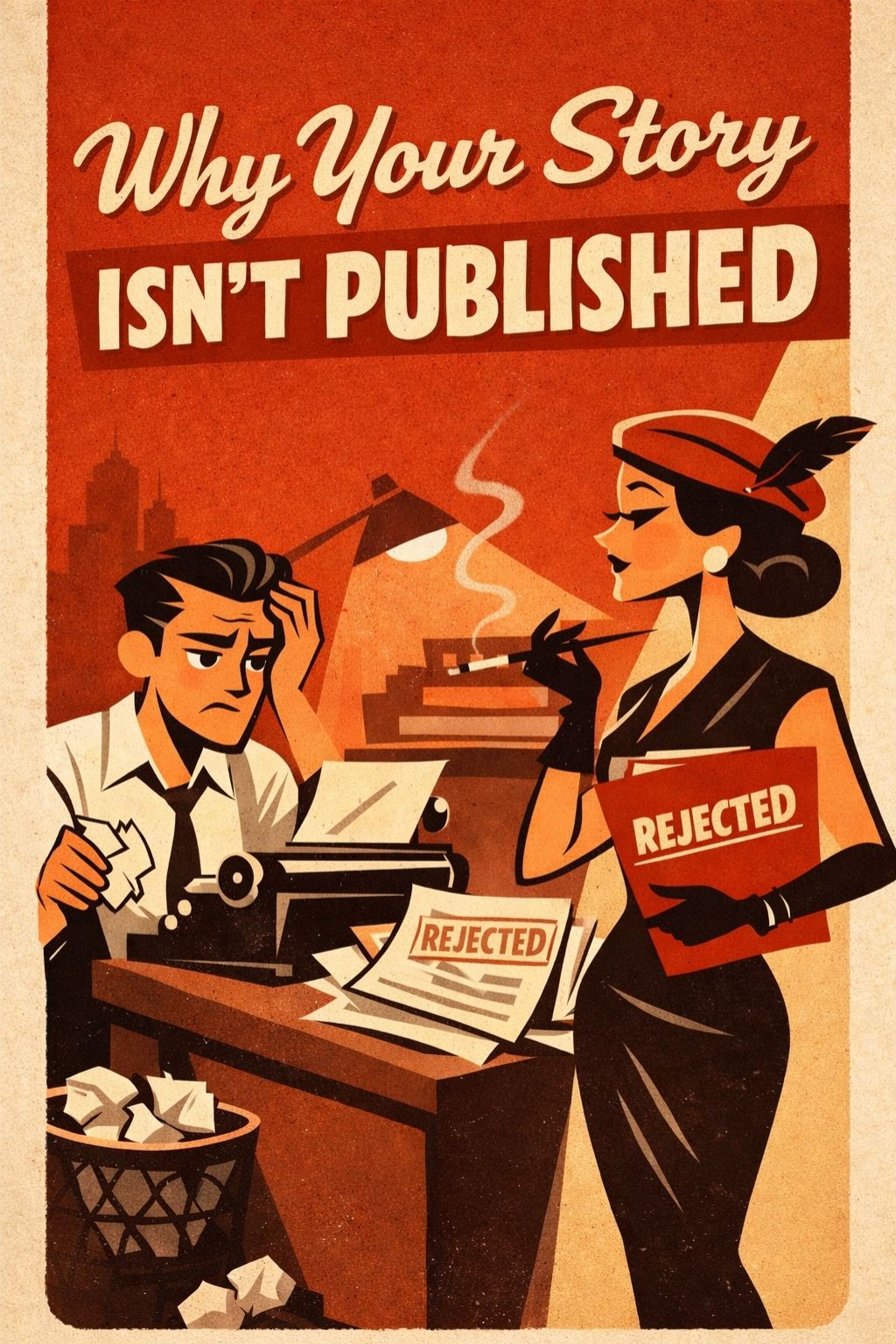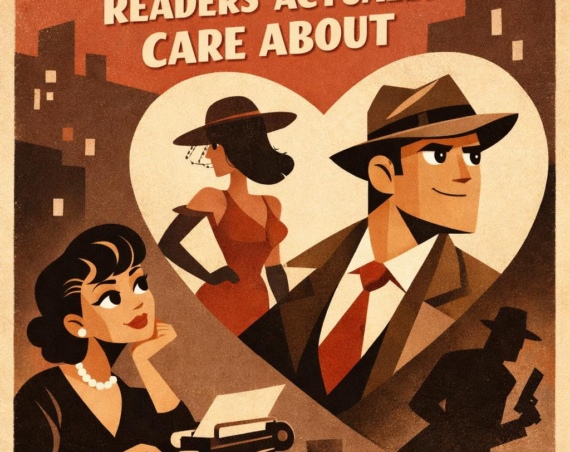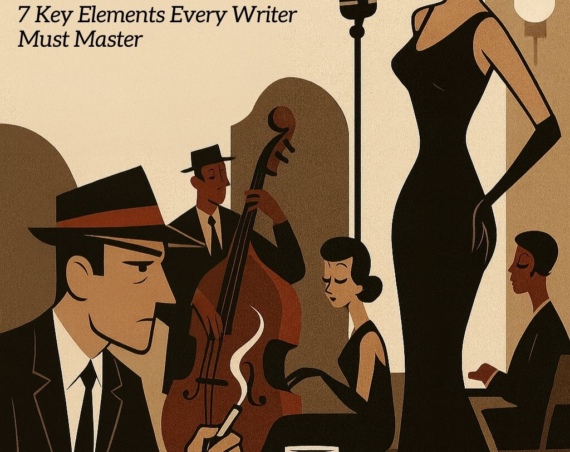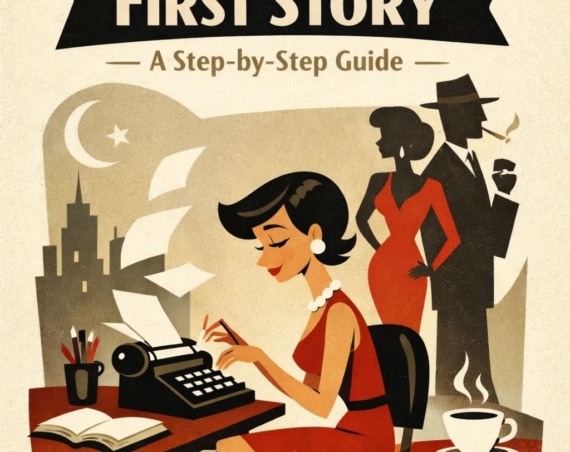I can’t even count how many times this has happened. I’ll be at a gathering when someone suddenly hands me their writing and asks for feedback—right there, in front of everyone. The room buzzes with excitement as people encourage the aspiring writer and talk about their potential to get published. It’s heartwarming, but as someone who works with writers daily, I can’t just offer a generic compliment and move on.
Instead, I usually ask them to email me their work or send it to me privately. That way, I can take the time to really go through it. When I review their stories, I focus on both the positives and the negatives, but I’ll admit—I spend more time on the mistakes. It’s not about being harsh; it’s about being honest. Pointing out the flaws now saves them from the sting of rejection later.
Some people believe that criticizing someone’s creative work might discourage them. But here’s the thing: if constructive feedback makes someone give up on writing, maybe they’re not ready for the challenges of this craft. Writing isn’t a place where mediocrity gets a free pass.
In fields like engineering or construction, mistakes lead to outrage. But in the arts, pointing out flaws is sometimes seen as taboo. Let me be clear: this isn’t about tearing people down. If you’re serious about being a writer, you need to confront your weaknesses and learn from them before you put your work out into the world.
1. Preaching Instead of Storytelling
Readers don’t pick up a novel to be lectured. If they wanted lessons, they’d grab a self-help book or a guide. What they want from you is a story—something to lose themselves in.
Nobody likes being preached to in real life, and they don’t like it in fiction either. The moment readers feel you’re moralizing or pushing an agenda, they’ll tune out. It’s not that your message isn’t important, but it needs to emerge naturally through the narrative. Let the story do the talking, not the writer.
2. Explaining the Ending
You finish your story and feel like something’s missing. So, you tack on a few extra lines to explain the message or moral. It might feel satisfying to wrap things up neatly, but it often weakens your story.
If your ending doesn’t land the way you want, go back and revise. Think about what’s missing and how you can weave it into the narrative earlier. For example, if your theme is about the damage caused by a “white lie,” show its consequences or a moment of realization for your character—but let it unfold naturally. Don’t spell it out for the reader.
3. Writing Unrealistic Scenarios
In a writing workshop, I once asked participants to create a reason for a character on the verge of suicide to keep living. Most of the stories had the character changing their mind after a brief conversation. It felt unconvincing.
Why? Because the writers didn’t dig deep. They wrote what they thought should happen, not what would realistically happen. As a writer, you need to do your homework. If you’re writing about something you haven’t experienced, read about it. Watch interviews. Understand the reality.
Not every story needs a happy ending. Sometimes, failure or unresolved conflict can be more powerful. What matters is that your characters’ actions feel real, not forced by the writer’s hand.
4. Overdoing It or Holding Back
Many new writers go to extremes. If they’re good at something, like using metaphors, they overuse it until it becomes overwhelming. On the flip side, if they struggle with something, like character development, they avoid it altogether and end up with flat, one-dimensional characters.
Another common issue is impatience. Some writers rush to finish and publish their work, while others drag things out, turning small ideas into sprawling, unfocused stories. Neither approach works. Writing is about balance and discipline. Let the story unfold at its own pace.
5. Skipping Writing Scenes
Scenes are where the magic happens. They’re where characters interact, conflicts play out, and the story comes alive. But many beginner writers skip this step and rely on summarizing events instead of showing them.
“Show, don’t tell” is one of the golden rules of writing. For key moments, let your characters speak and act. Use dialogue, body language, and action to reveal their thoughts and motivations. Save narration for less critical parts of the story.
Final Thoughts
No one becomes a great writer overnight. It takes time, practice, and a willingness to learn from mistakes. These five pitfalls are common, but they’re also fixable. By recognizing and addressing them, you’ll be one step closer to writing stories that resonate and stand out.




